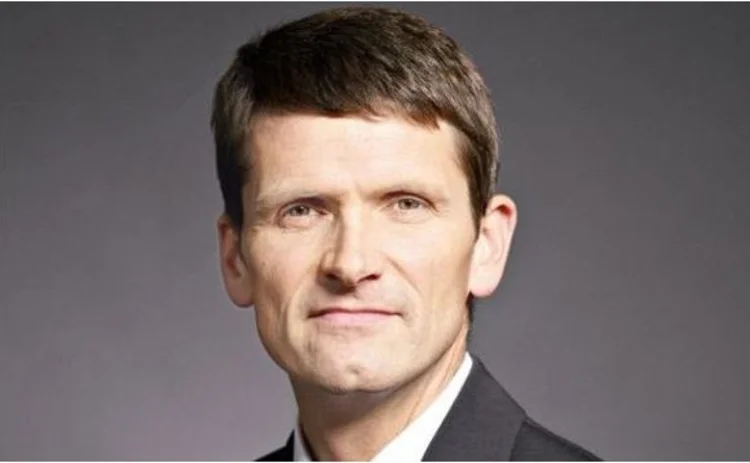
Munich Re still predicting 2011 profit despite €2.7bn Q1 nat cat hit

Munich Re posted a consolidated loss of €948m (£834m) for the first quarter of 2011 (previous year: profit of €485m).
Despite this quarterly loss, Munich Re stressed it still expects to record a profit for the current financial year.
During the first three months of 2011 Munich Re had to cope with losses in reinsurance of €2.7bn from natural catastrophes (after retrocession and adjusted for the impact from the transfer of insurance risks to the capital markets and before tax).
The group said - before tax - that is almost €2.5bn more than was to be expected for a single quarter (after tax, it is €1.8bn more).
These high costs led to a pre-tax operating loss of €1.4bn (previous year: profit of €770m).
In the primary insurance Munich Re recorded an operating result for the first three months of 2011 of €173m (251m).
Before elimination of intra-Group transactions, the consolidated result amounted to €56m (165m), the year-on-year reduction being chiefly attributable to the lower investment result and burdens from international business, it added.
In reinsurance Munich Re reported a loss of €683m(previous year: profit of 424m). The combined ratio for the first quarter was 159.4% (109.2%) of net earned premiums - adjusted for the impact from the transfer of insurance risks to the capital markets.
Around 69 percentage points of this were due to natural catastrophes.
Reinsurance gross premiums written in the first three months were up 16.3% on the same period last year, rising to €6.9bn (5.9bn). Adjusted to eliminate the effects of changes in exchange rates, premium volume would have increased by 12.2% in the first three months.
Looking ahead Munich Re said a profit for the year is still still expected and that the group anticipates that for the current financial year 2011 its gross premium volume in the reinsurance segment will range between €25bn and €26bn.
In primary insurance, gross premiums written of between €17bn and €18bn are expected.
CFO Jörg Schneider said: "The earthquake in Japan and the natural catastrophes in Australia and New Zealand have made this the most difficult start to a financial year we have experienced for a long time. Such major losses - even several within a few weeks - are possible in our reinsurance business. Thanks to our solid capitalisation, we are able to absorb them.
"Despite these devastating natural catastrophes, we can still achieve a profit for the year as a whole."
Mr Schneider added: "Not least thanks to our broad spectrum of activities, with life reinsurance, primary insurance and Munich Health, we will be able to partly counterbalance the catastrophic losses in property-casualty reinsurance.
"Particularly after major losses, property-casualty reinsurance usually benefits from the generally heightened risk awareness, stronger demand and reduced capacity through noticeably improved terms and conditions."
Only users who have a paid subscription or are part of a corporate subscription are able to print or copy content.
To access these options, along with all other subscription benefits, please contact info@postonline.co.uk or view our subscription options here: https://subscriptions.postonline.co.uk/subscribe
You are currently unable to print this content. Please contact info@postonline.co.uk to find out more.
You are currently unable to copy this content. Please contact info@postonline.co.uk to find out more.
Copyright Infopro Digital Limited. All rights reserved.
As outlined in our terms and conditions, https://www.infopro-digital.com/terms-and-conditions/subscriptions/ (point 2.4), printing is limited to a single copy.
If you would like to purchase additional rights please email info@postonline.co.uk
Copyright Infopro Digital Limited. All rights reserved.
You may share this content using our article tools. As outlined in our terms and conditions, https://www.infopro-digital.com/terms-and-conditions/subscriptions/ (clause 2.4), an Authorised User may only make one copy of the materials for their own personal use. You must also comply with the restrictions in clause 2.5.
If you would like to purchase additional rights please email info@postonline.co.uk







